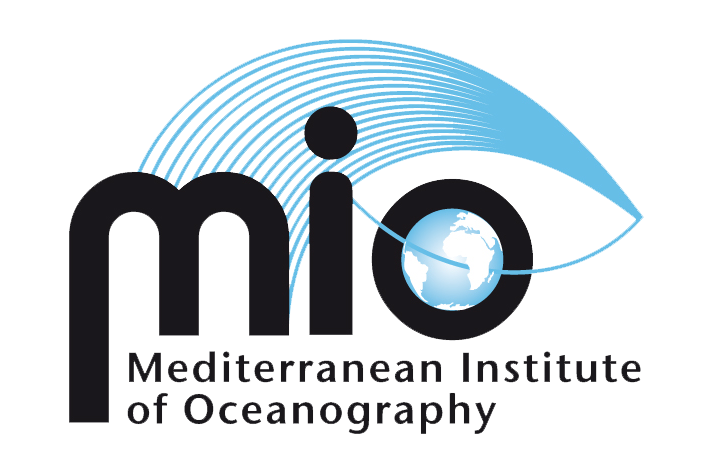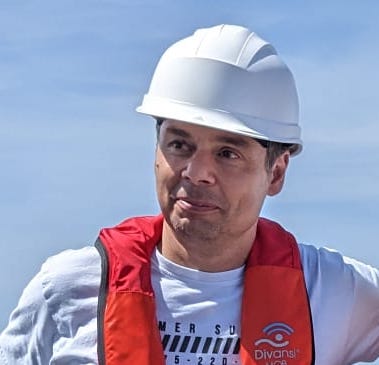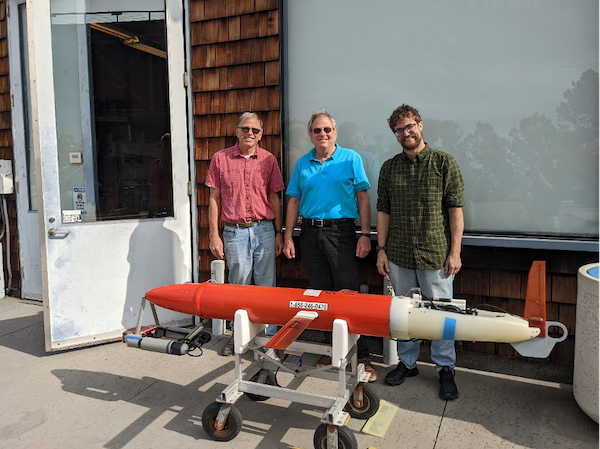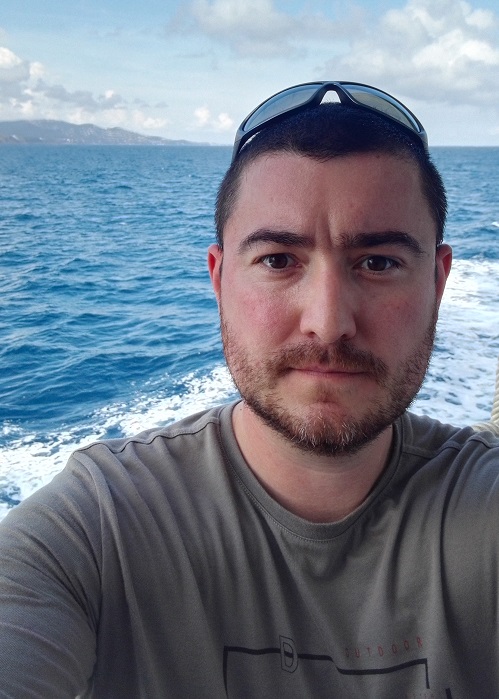BioSWOT-Med cruise : Interview with Anne Petrenko
The ADCPs
Anne Petrenko is in charge of analysis of hull mounted ADCP and of deployment of L-ADCP and FF-ADCP in the BioSWOT-Med campaign. Here, she describes how these instruments work and what are the differences among them.




